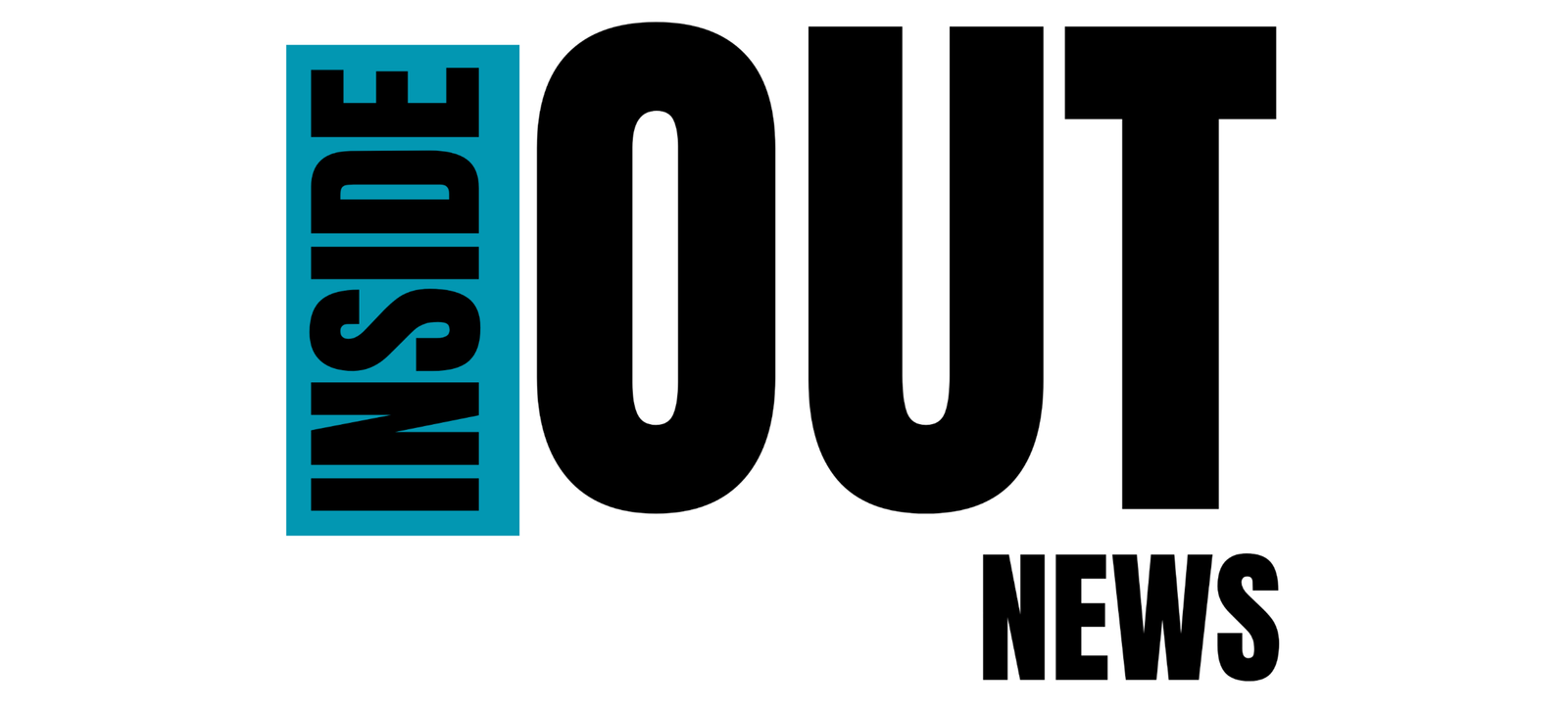Education System in crisis as provinces face financial collapse
by Kelebogile Matlou
South Africa’s public education system is on the brink of collapse as several provinces face alarming budget shortfalls. Minister of Basic Education, Siviwe Gwarube, issued a stark warning earlier this week, stating that without urgent intervention, some Provincial Education Departments could run out of funds before the end of the financial year.
This warning follows a comprehensive financial review initiated by Minister Gwarube shortly after taking office in 2024. The review uncovered widespread financial strain in all nine provinces, with KwaZulu-Natal (KZN) flagged as the most severely affected.
“The decisions ahead may be tough, but they are necessary if we are to save the education system,” said Gwarube. She emphasized that poor fiscal planning at provincial levels, compounded by a decade of underinvestment in education and the redirection of funds to struggling state-owned enterprises, has led to the current crisis.
In response, the Minister has instructed all Provincial Education Departments to collaborate with their respective Provincial Treasuries to develop practical and sustainable financial recovery plans. These plans must be submitted to the national department ahead of the next Council of Education Ministers (CEM) meeting on 21 July 2025.

image: SABC
Provincial MECs and Heads of Departments are now required to account for key operational areas, including:
- Timely payment of school-related expenses
- Restoration of basic services such as electricity, water, transport, and school feeding schemes
- Filling critical vacancies for teachers and school managers
- Identifying and removing “ghost employees” from the payroll
To support and monitor these efforts, the national department has mobilized internal teams and tasked Director-General Hubert Mathanzima Mweli with working closely with National Treasury to find urgent solutions to improve service delivery.
Minister Gwarube recently met with key KwaZulu-Natal officials, including Finance MEC Francois Rodgers, Education MEC Sipho Nhlamuka, and the Premier’s Office, to address the dire situation in the province.
In addition to fiscal reforms, the Minister is also pushing for academic improvements. She has proposed a review of the current matric pass mark, arguing that the 30% threshold may be too low to ensure quality education and student readiness for tertiary studies or the workforce. A new National Education and Training Council (NETC), whose members were finalized in January, will support this initiative by providing evidence-based recommendations aligned with global standards.
“Any changes must be based on data and research, with the aim of helping our learners and the country progress,” said Gwarube in her recent address to Parliament.
Education experts have welcomed the Minister’s bold stance. Professor Jonathan Jansen highlighted that the low pass mark contributes to high university dropout rates, as students are ill-prepared for advanced academic work. Similarly, Professor Mary Metcalfe warned that allowing learners to pass with minimal understanding undermines the entire education system.
With July’s CEM meeting looming, all eyes are now on provincial departments to deliver actionable plans. As the country navigates this educational and fiscal emergency, the coming weeks will prove critical in determining whether South Africa’s schools can weather the storm or slide further into crisis.




